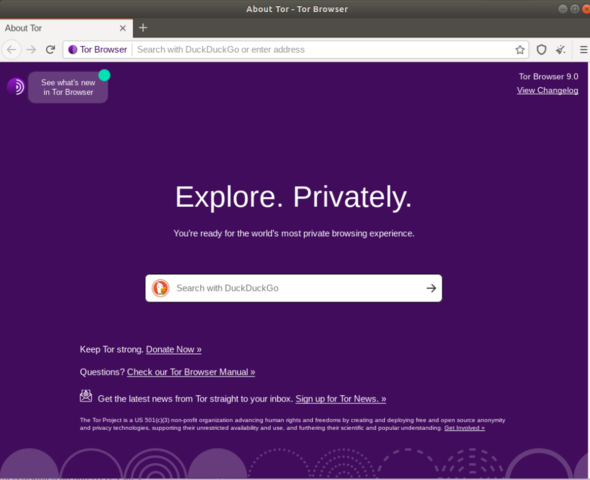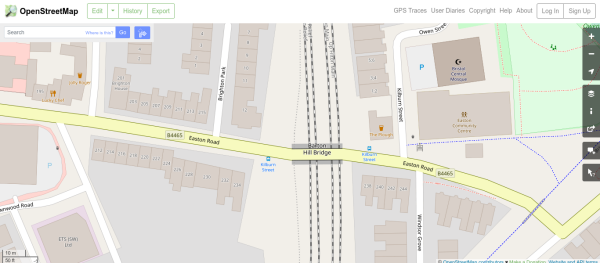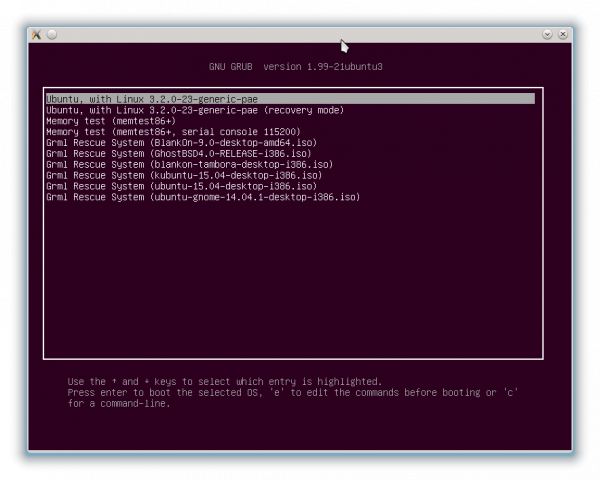Celtic languages prove popular on Duolingo
The pandemic and associated lockdowns have been good for online learning in general and for the online learning two Celtic languages in particular.
Yesterday Welsh news site Nation Cymru reported that Welsh is one on the most popular languages on the Duolingo language learning platform. 
Duolingo company boss Luis von Ahn remarked that Welsh was still the company’s fastest growing language in the UK on the learning app – which has over 40 million worldwide users.
According to the 2020 Duolingo Language Report, the app’s new Welsh learners increased by 44 per cent – outstripping those learning French, Hindi, Japanese and Turkish.
Interviewed by the BBC’s Today programme, von Ahn stated that 1.62 million people are using the app to learn Welsh – with 474,000 active learners.
On St David’s Day earlier this year, Duolingo announced it would align its course content and share knowledge with the National Centre for Learning Welsh to help the Welsh Government reach its target of one million speakers by 2050.
Furthermore, Scots Gaelic has also received a boost from Duolingo and these unusual times. There are currently some 400,000 people learning Scots Gaelic on the app – that’s 10 times the number of Scots Gaelic speakers.
 Version 11 of
Version 11 of  Way back in 2001, the prescient souls who established the Free Software Foundation Europe foresaw that people should be in control of technology and not vice versa.
Way back in 2001, the prescient souls who established the Free Software Foundation Europe foresaw that people should be in control of technology and not vice versa.


 The Baltic Republic of Estonia has clearly taken note of the Free Software Foundation Europe’s
The Baltic Republic of Estonia has clearly taken note of the Free Software Foundation Europe’s 
